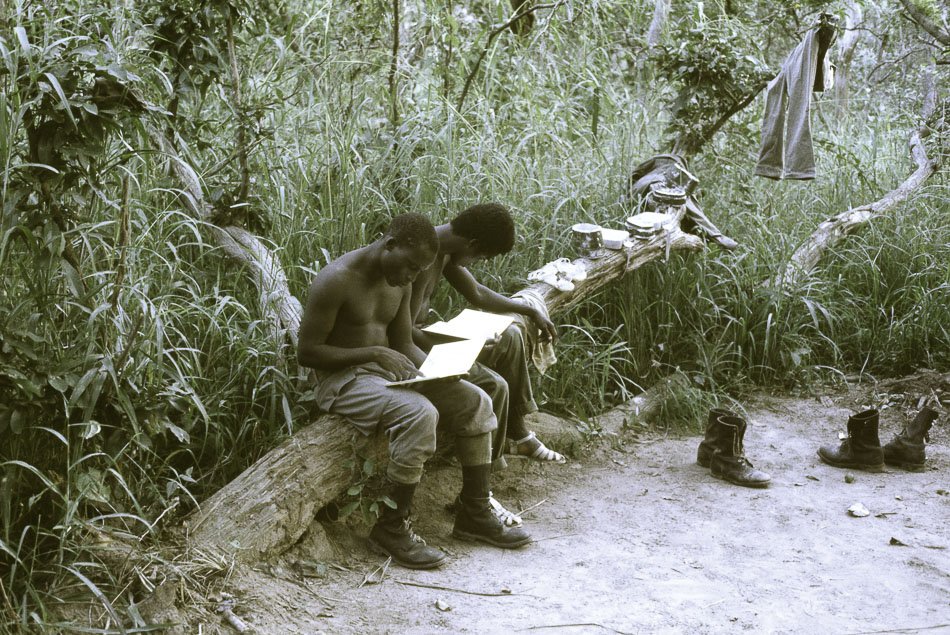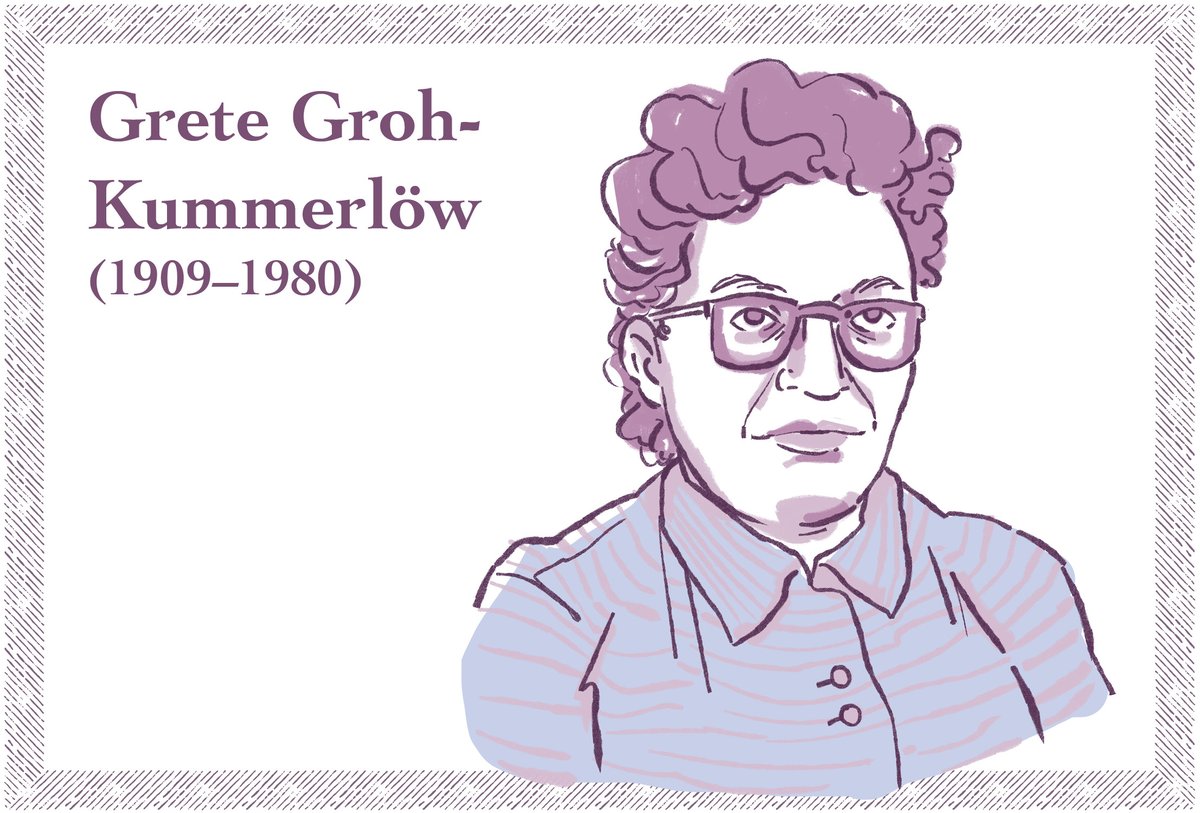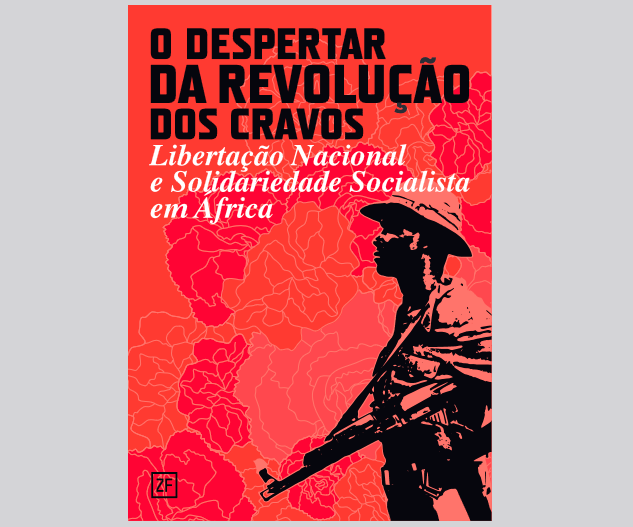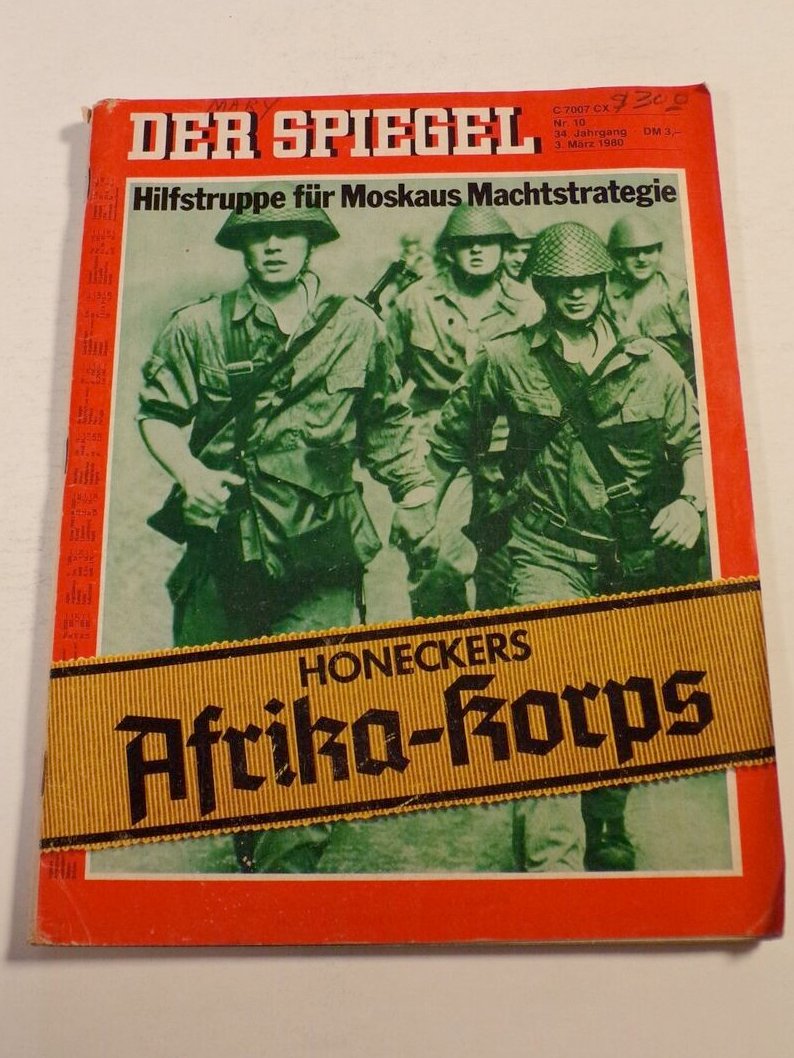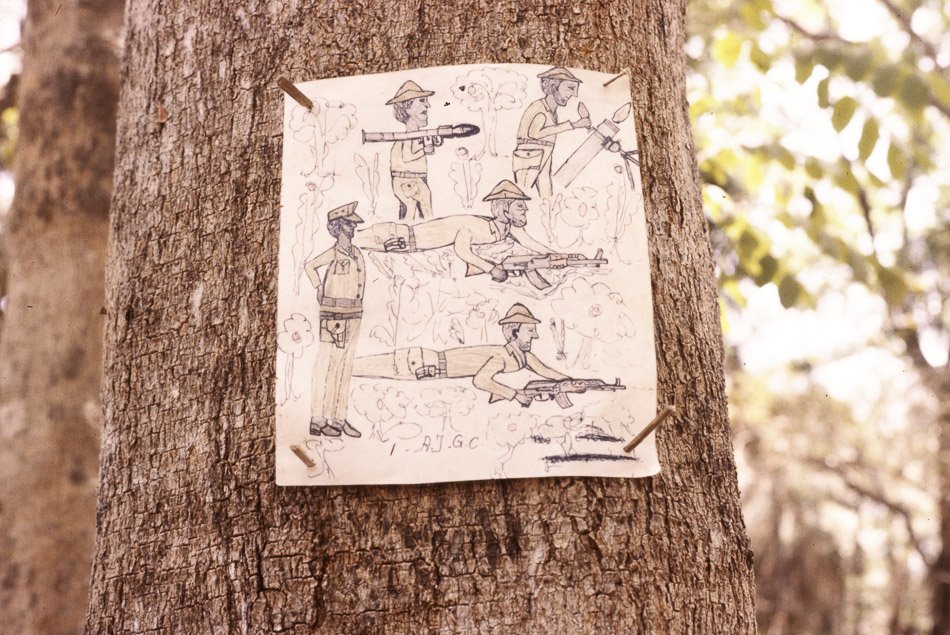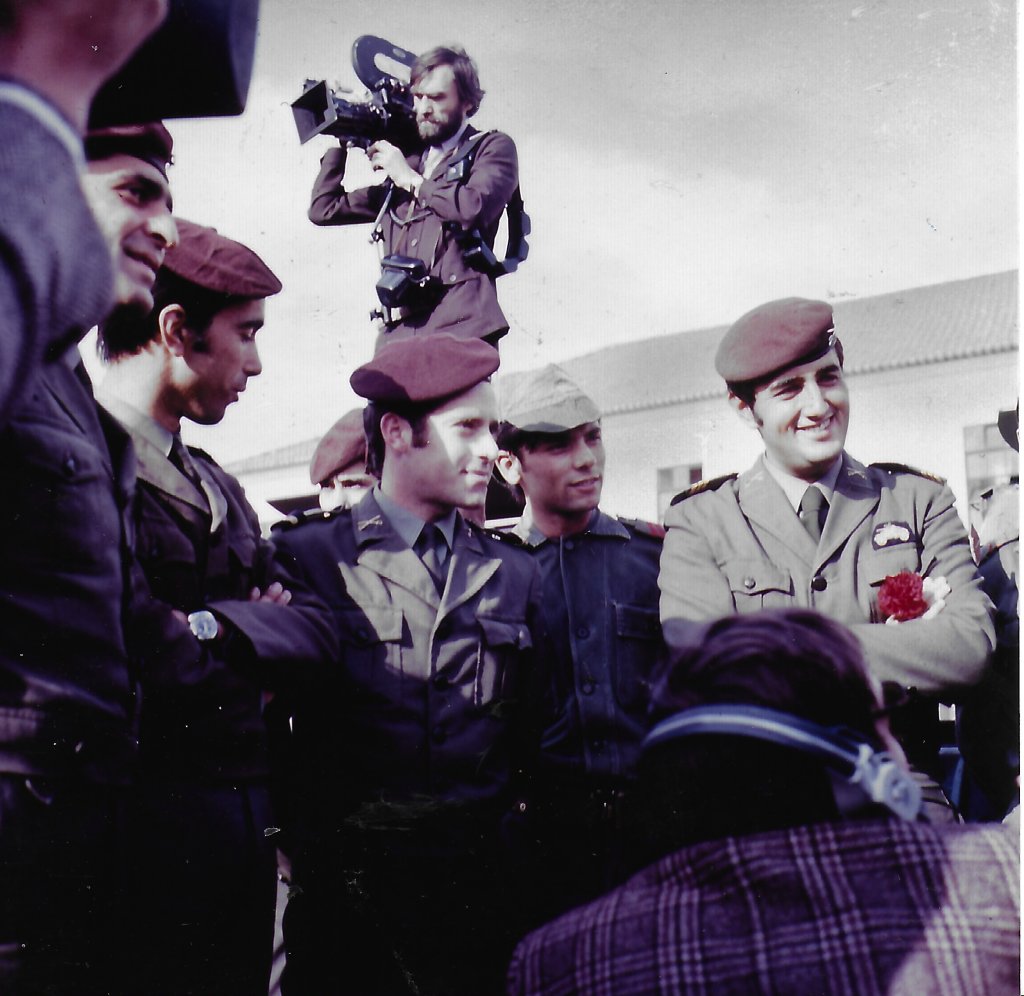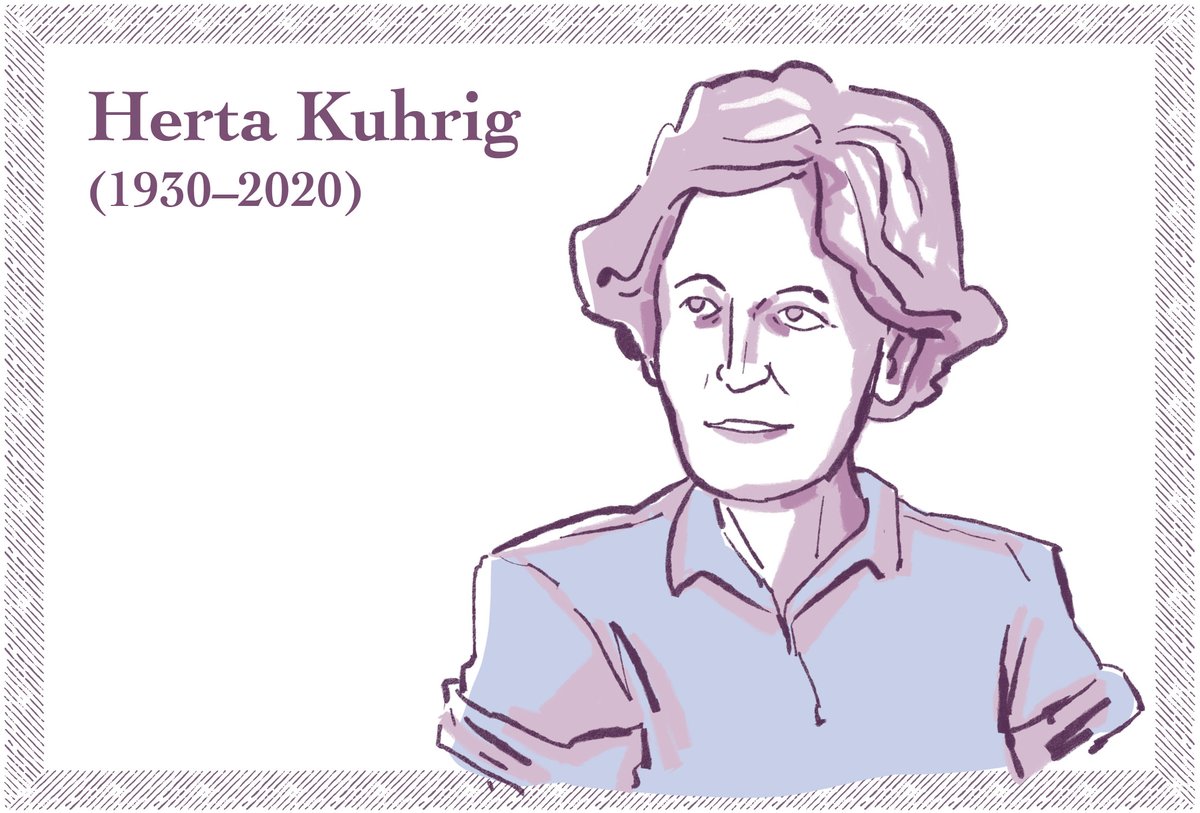
Internationale Forschungsstelle DDR
@_IFDDR
We research the history of the German Democratic Republic and its enduring relevance for international movements today. In cooperation with @tri_continental.
ID:1364325887781572610
https://ifddr.org/ 23-02-2021 21:27:42
1,1K Tweets
4,9K Followers
203 Following





Last year, we interviewed a member of the African Independence Party of Guinea-Bissau & Cape Verde (PAIGC) whose contribution to the struggle against Portuguese colonialism took the form of educational training in the socialist DDR:
#CarnationRevolution
ifddr.org/en/interview-h…
